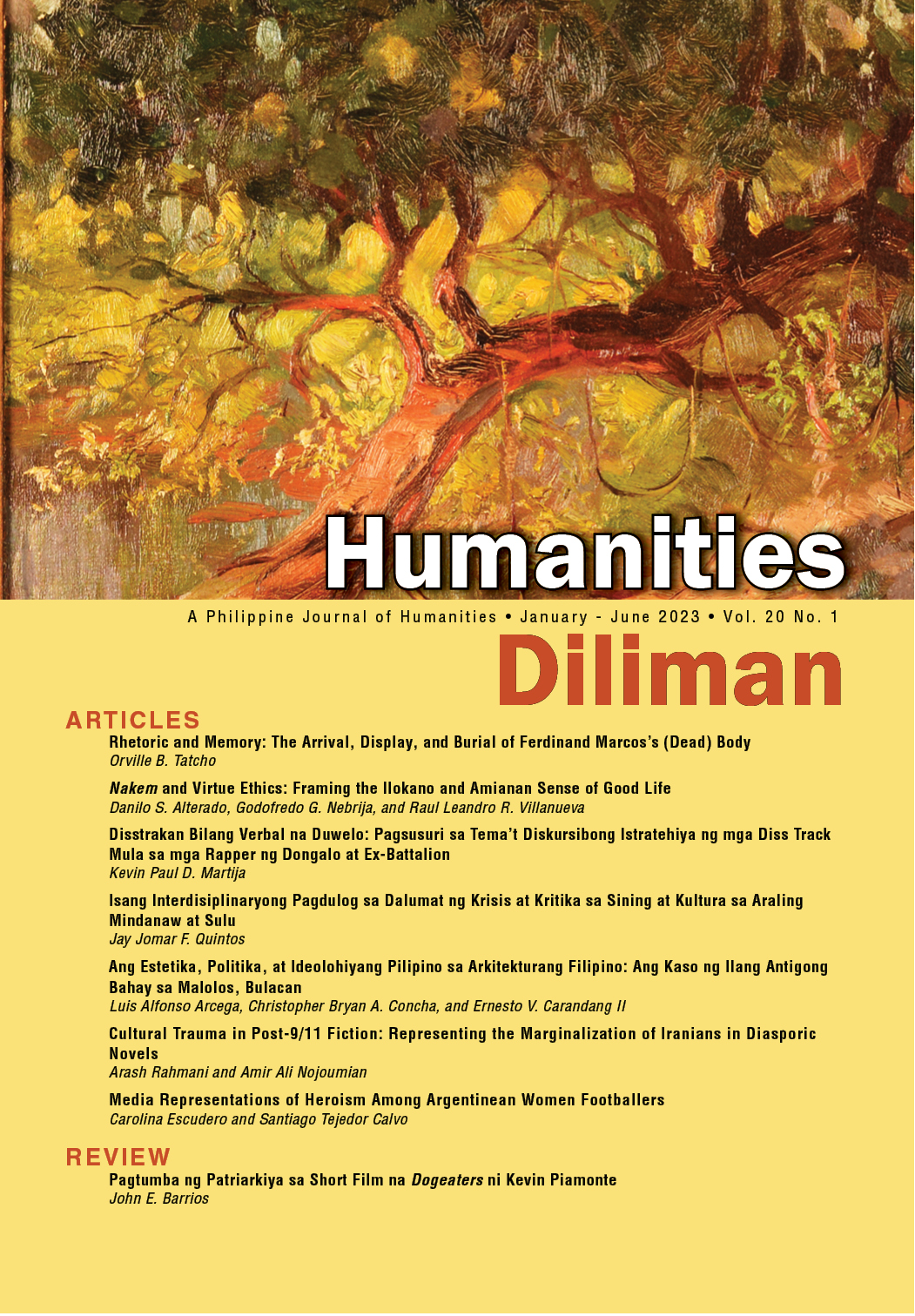Cultural Trauma in Post-9/11 Fiction: Representing the Marginalization of Iranians in Diasporic Novels
Abstract
This paper argues that post-9/11 narratives by writers of the Iranian diaspora assign a new meaning to 9/11 and reconstitute the identity of their ethnic collectivity around this event. We contend that Jeffrey C. Alexander’s theory of cultural trauma provides us with a practical framework for analyzing post-9/11 diasporic identities because Alexander views trauma as a social construct and posits that events cannot be considered traumatic regardless of the social sphere in which they unfold. Accordingly, cultural trauma occurs when members of a collectivity genuinely believe that their identity has changed in fundamental and irreversible ways, and they decide to express this change in their narratives. This paper posits that applying Alexander’s theory to post-9/11 novels by Iranian expatriates enables us to account for the marginalized identity of Iranians after the 9/11 attacks. Ultimately, this study will highlight the ways through which novels like Siamack Baniameri’s The Iranican Dream (2004), Marsha Mehran’s Pomegranate Soup (2005), and Porochista Khakpour’s Sons and Other Flammable Objects (2007) capture the communal grief and predicament of most Iranians as well as their bewildering limbo state of between and betwixt after migration, which can reveal the perennial troubles of immigration and integration in diasporic communities.


